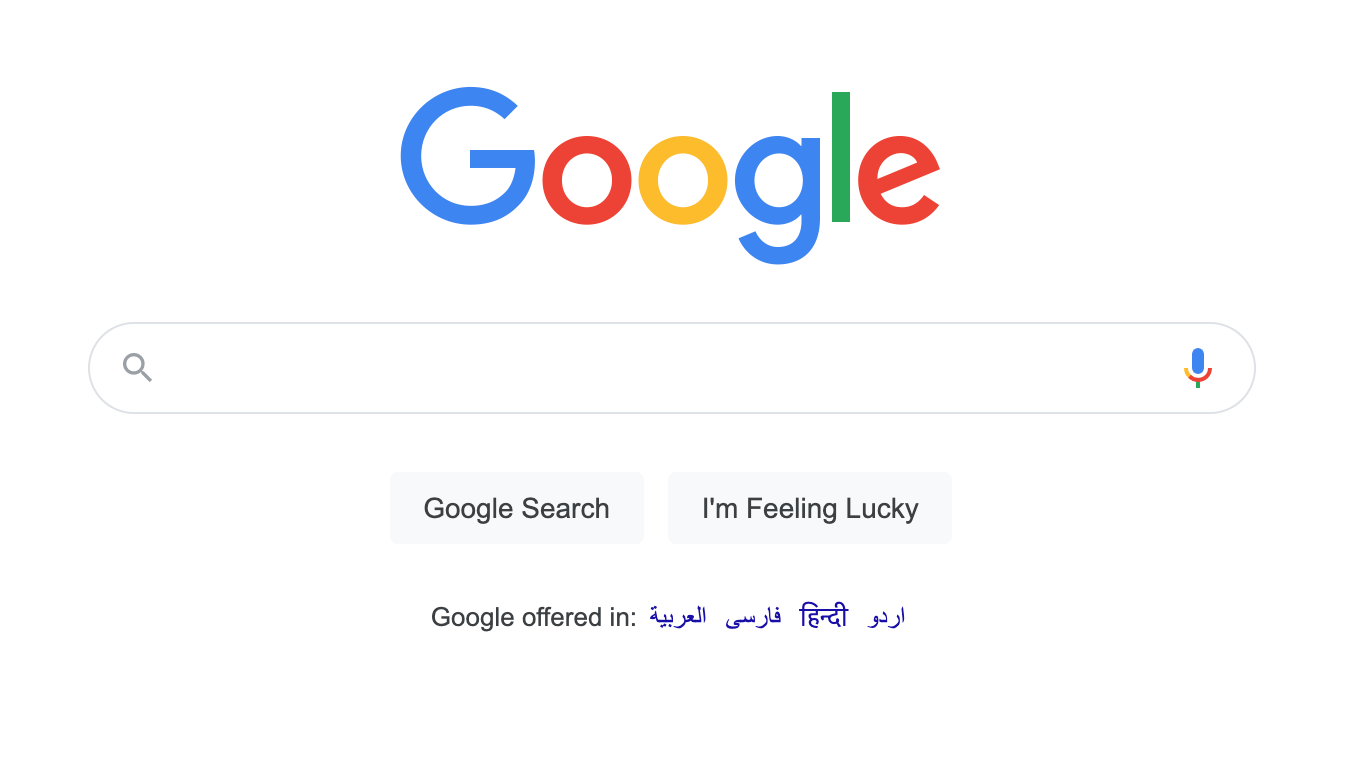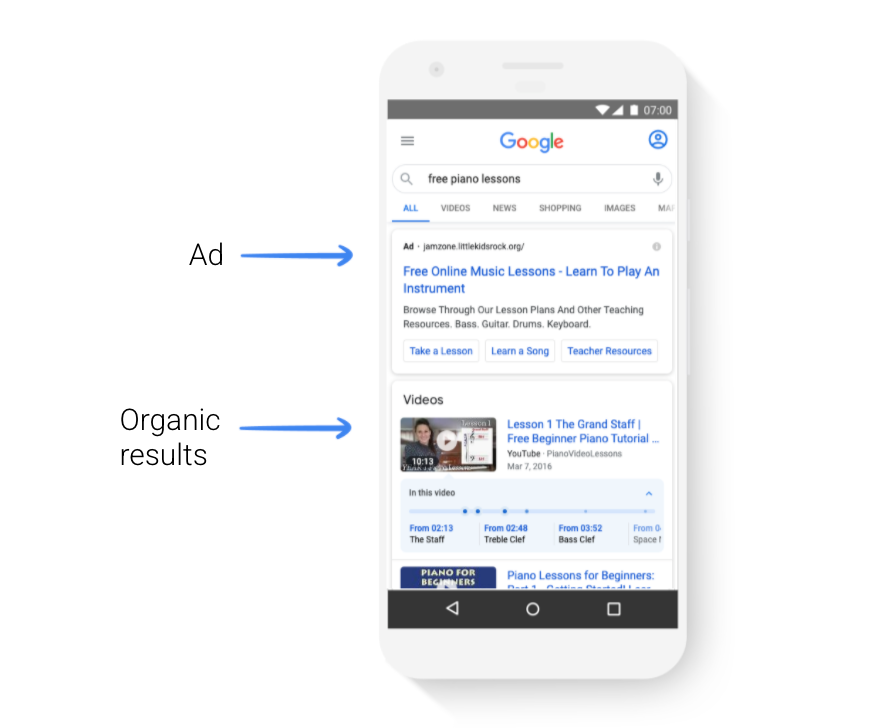Google answers 5 common questions about how Search works
Some people wonder what happens in the milliseconds between clicking enter on a Google Search and when their results appear. Today, Google’s Head of Consumer Marketing in the Middle East & North Africa, Najeeb Jarrar answers some common questions about what happens in those milliseconds and how Google Search works.

1. Does Google own the content shown on Search results?
This is a very common question and the answer is no. Google Search is like a library, except instead of just books, we show results from hundreds of billions of pages on the web. We find this information by using software called crawlers that constantly visit publicly accessible web pages to look at key signals, which are then added to Google’s Search Index. The entries on Google’s Search Index are then used to help show the most relevant information to your query.
2. How do you decide on result rankings and the order in which they appear?
To make the information on the web truly useful, we use automated systems or algorithms to “rank” results in a way that ensures useful and reliable results are shown at the top. The algorithms look at many factors, including the words of your query, relevance and usability of pages, expertise of sources, and your location and settings. This helps determine the most relevant rankings to your query.
We also work with over 10,000 trained external Search Quality Raters around the world who follow strict guidelines to assess sample results for characteristics of quality. We're constantly improving our algorithms and to help people understand how rankings on Search work, we have a site dedicated to this topic.
3. Can advertisers pay to appear in Search results and for user data?
Safeguarding user privacy is of the utmost priority at Google this is why we don’t share any user data with any third parties. In terms of Ads, they help Search to remain free, must be clearly labelled as “Ads” and only appear if they are relevant to what you’re looking for. Nobody can pay to appear in organic Search results or in Google’s Search Index and payment for Ads doesn’t factor into our rankings or Search Index algorithms.

4. How can I remove content from Google Search?
That's a really good question. We only remove web pages from Search results in limited circumstances such as in compliance with legal obligations and when there is a violation of our policies. We hold ourselves to a high standard when it comes to our legal requirements to remove pages from Search results and we encourage people to alert us of content they believe violates the law. You can also see government requests for removal in Google’s Transparency report.
Our policies go beyond what’s legally required and largely focus on highly personal content, like financial or medical information, appearing on the web without consent.
Remember, even if a page is removed from Google Search results, it doesn’t mean the content no longer exists on the web. Only a website owner can remove content entirely.
5. How does Google ensure that spammy websites don't rise in Search results?
Tackling spam and bad actors on the web is a priority for Google and we work hard to ensure that sites don’t use deceptive or manipulative behaviour to rise in Search results. Our automated systems detect the majority of spam, while some are tackled manually by Google’s spam removal team who flag pages if they violate the Webmaster Guidelines.
What’s next for Search?
The advancements we’ve made, whether augmented reality (AR) in Search or machine learning for better language understanding reflect people’s growing expectations of a Search engine and our commitment to helping people access useful and reliable information. We’ve come a long way but Google Search is far from a solved problem and we’re committed to exceeding the expectations of those who rely on Search to help access the world’s information.






